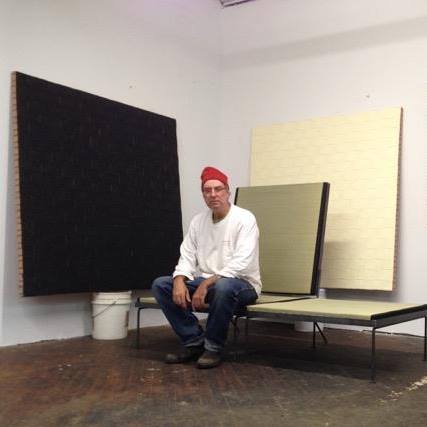Schwarz
View current page
...more recent posts

Every day the line snakes down a spartan corridor on the eighth floor of City Hall here, as hundreds of people clutch a piece of paper inscribed with a fateful percentage that could force them to abandon their home.
The number is always over 50, and it means a house was so damaged in the flooding after Hurricane Katrina — more than half-ruined — that it faces demolition, unless the owner can come up with tens of thousands of dollars to raise it several feet above the ground and any future floodwaters.
But there is a way out, and that is why so many people stand in line every day, collectively transforming this half-ruined city. "What you need to do is talk to a building inspector and get that lowered below 50 percent," a city worker calls out to the crowd. And at the end of the line, in a large open room down the hall, that is exactly what happens, nearly 90 percent of the time, New Orleans officials say.
By agreeing so often to these appeals — more than 6,000 over the last few months — city officials are in essence allowing random redevelopment to occur throughout the city, undermining a plan by Mayor C. Ray Nagin's rebuilding commission to hold off on building permits in damaged areas for several months until more careful planning can take place. That plan, greeted by widespread opposition, including from the mayor himself, is now essentially dead.
House by house, in devastated neighborhoods across the city, homeowners are bringing back their new-minted building permits and rebuilding New Orleans. As many as 500 such permits are issued every day, said Greg Meffert, the city official in charge of the rebuilding process.
And there is no particular rhyme or reason to who gets a permit, or consideration of whether their neighborhoods can really support its previous residents. One city building inspector, Devra Goldstein, called the proceedings on the eighth floor "really fly-by-night, chaotic, Wild West, get-what-you-want."
The floor, she said, represents "a plan by default."
It is also testament to the fierce desire of many displaced New Orleanians to re-establish themselves, no matter the odds.
